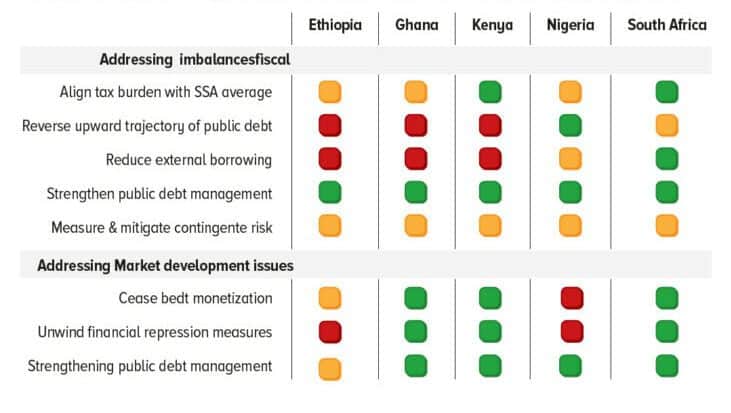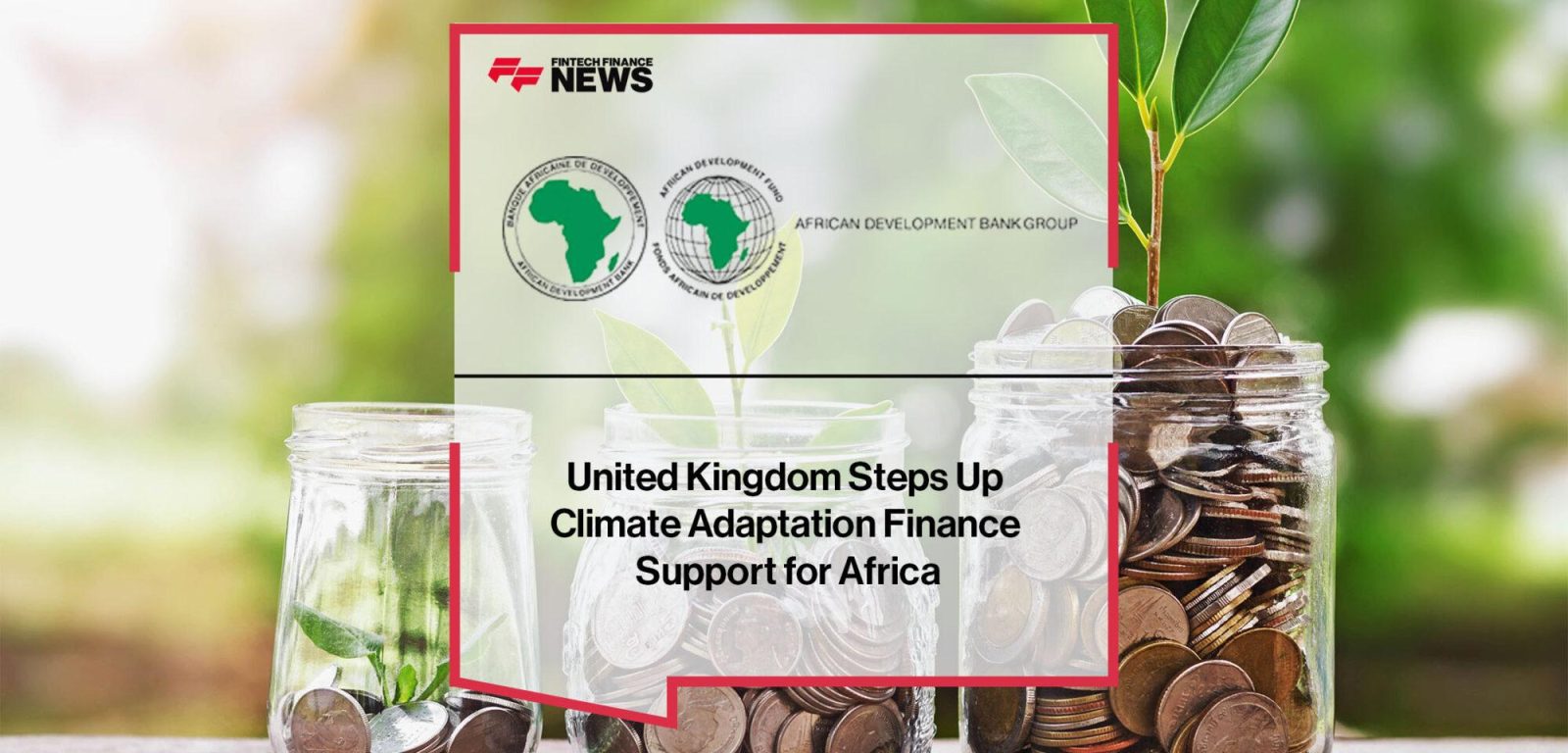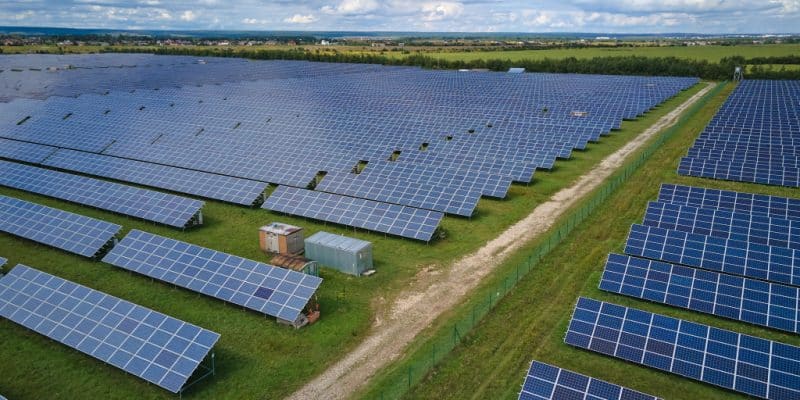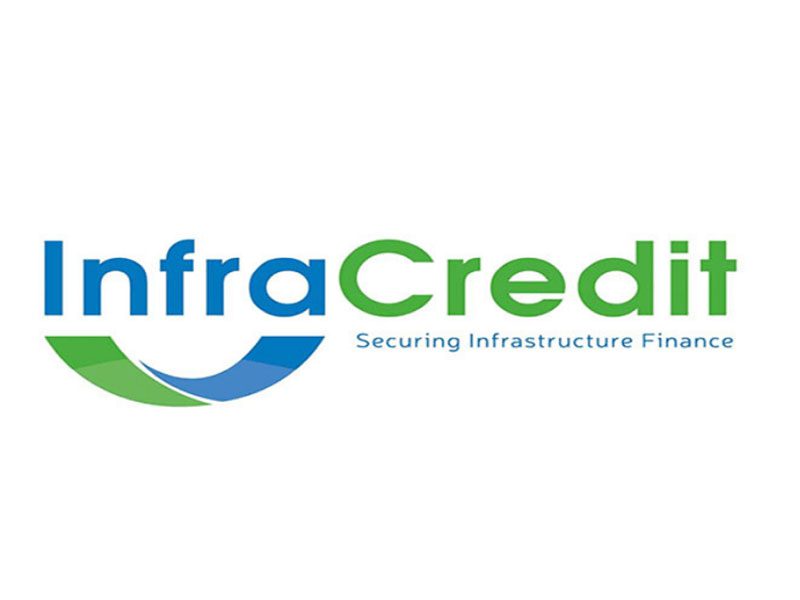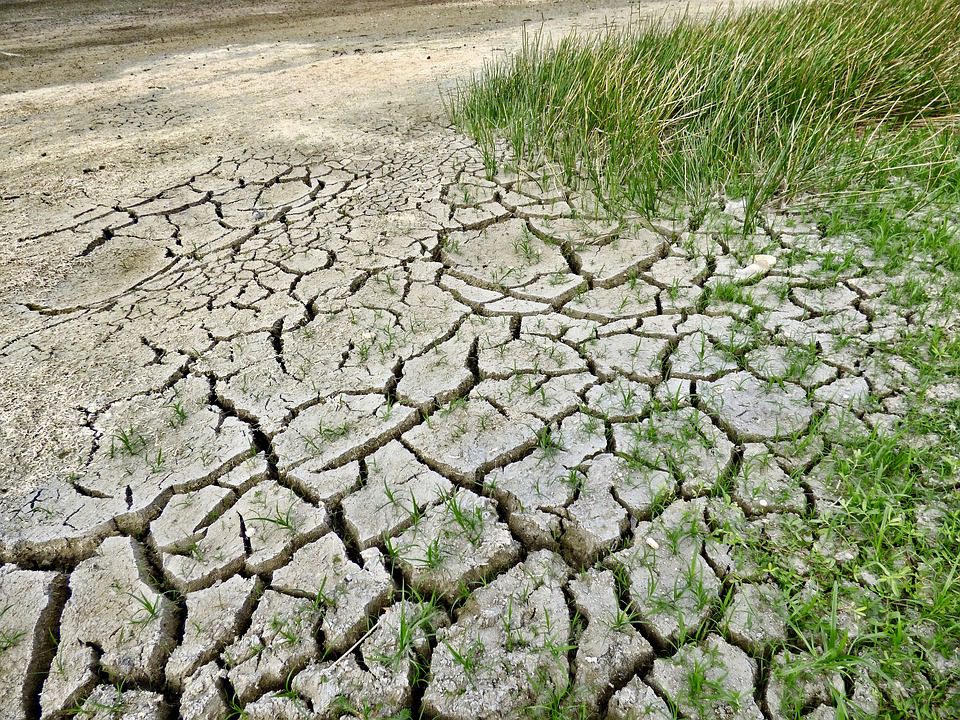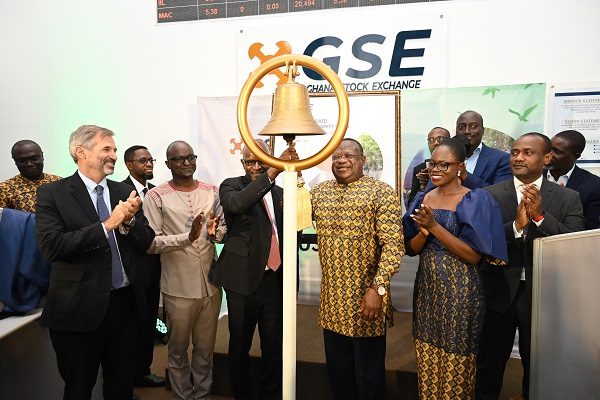At least 50 companies are expected to list on the Ethiopian Stock Exchange (ESX), which will provide a platform for the privatisation of the country’s state-owned enterprises.
Ethiopia’s giant new sovereign wealth fund, Ethiopia Investment Holdings (EIH) is working with the country’s Ministry of Finance and Nairobi-based Financial Sector Deepening Africa (FSDA) to set up the Ethiopian Securities Exchange (ESX).
EIH has set up a Project Team with FSDA (which is backed by British government development aid), and has invited consultants to bid for a fundraising drive to raise capital for the new bourse.
A Capital Markets Proclamation (No. 1248/2021) says the exchange will be established as a Share Company (public company in Ethiopian law) by government in partnership with the private sector, including foreign investors.
Between 25% and 55% of the ownership of the ESX will be for corporations, capital market intermediaries and operators of international securities exchanges, while government will not own more than 25%. It will be a for-profit entity.
The Project Team is to develop the ESX business plan and its structures, as well as outlining the market segments. It will also lead development of the ESX trading rules, policies and procedures, the trading and operating systems, and other ICT infrastructure. It will establish ESX operations and launch it.
Fifty companies expected to list on ESX
According to FSDA, “At least 50 companies, including banks and insurance companies, are expected to list at the launch of the exchange. The exchange is designed to provide a fundraising platform for small and medium-size enterprises, which are the backbone of the Ethiopian economy. The exchange will also offer a platform for the privatisation of Ethiopia’s state-owned enterprises.
“In the past few years, the Government has implemented several reforms to open the economy and the launch of a securities exchange will be a catalyst for attracting new investment from the private sector.”
The ministry, EIH and FSDA signed a cooperation agreement to launch the bourse in May. Ethipia’s finance minister, Ahmed Shide, said the cooperation agreement “is a first concrete step towards realising our vision.”
Mark Napier, CEO of FSDA, added: “Our assistance will leverage FSD Africa’s vast expertise and experience in developing capital markets infrastructure across Africa. This support signals our long-term commitment to a thriving capital market that is deep, liquid, and efficient.”
The next day a local agency, FSD Ethiopia, was launched to maintain the momentum.
Ethiopian capital market authority to be established
Meanwhile, work continues to build a capital market authority regulator. In November 2021, Meles Minale, a senior macroeconomic advisor at the National Bank of Ethiopia (central bank) was appointed to chair a team of 14 experts to explore the establishment of the authority. They report to Yinager Dessie, governor of the central bank.
Ethiopia’s prime minister, Abiy Ahmed, will appoint a director and a deputy director for the authority, which will be a federal agency accountable to parliament. Its role includes safeguarding investors and overseeing the integrity of the capital market and supervising securities brokers, investment advisers, collective investment scheme operators, investment bankers and securities dealers.
EIH is a key shareholder in the ESX and is also likely to boost the exchange with a pipeline of listings, at least of minority stakes, from its $38bn business portfolio (see below).
Observers believe it could still be two years before the ESX opens its doors for trading. It is expected to trade equities, derivatives, financial and debt securities, and FX (currency exchange) contracts. The country lacks stockbrokers, investment advisors, fund managers, custodians and many others.
A team from Ethiopia, including Ethiopia Investment Holdings CEO Mamo Esmelealem Mihretu and FSD Ethiopia CEO Ermias Eshetu, attended the Alternative Farming Systems Information Center (AFSIC) 2022 conference in London in October to meet potential investors and discuss progress on the stock exchange.
Setting up of Ethiopia Investment Holdings could be turning point for Ethiopia
The establishment of EIH, one of Africa’s biggest sovereign wealth funds, could be the start of a massive turnaround in Ethiopia’s long-established economic heterodoxy. It was set up in late 2021 and will control assets worth some Birr2trn ($38bn), or 34% of Ethiopia’s GDP, generating annual revenues of $6.2bn.
It has some of Ethiopia’s largest and most productive state-owned enterprises in its portfolio and with its active participation in the establishment of the country’s first securities exchange, is likely to pave the way for the liberalisation of the economy and increase the pace of privatisation.
EIH was set up in December 2021 by an Act of Parliament to act both as a sovereign wealth fund for Ethiopia and to improve the running of the portfolio of state-owned enterprises from the point of view of the shareholder, including the way capital is deployed and the decision-making, accountability and performance of management systems.
Government has transferred ownership of 27 firms, including some of Africa’s biggest and most successful companies, such as Ethiopian Airlines and the Commercial Bank of Ethiopia, to the new entity. It will also act as co-investor to foreign investors coming into Ethiopia.
EIH is in addition a key shareholder in the new ESX and likely to float minority stakes in many of the companies it owns over the coming years.
Wide portfolio
EIH’s portfolio includes:
- Ethiopian Airlines, formed in 1945, generating $2.3bn in annual revenues and 11% return on invested capital. It flies to 127 international and 22 domestic destinations.
- Commercial Bank of Ethiopia, with revenues of $1.6bn and a return on assets of about 1%. Over 80 years it has grown to have more than 35m customers.
- Ethio Telecom, which first introduced telephone services in the 1900s and was monopoly provider until 2020, before a licence was awarded to Safaricom Telecommunications Ethiopia in 2021. Ethio Telecom has 44m mobile customers and over 23m internet subscribers, with revenues of $1.05bn a year.
- Ethiopian Shipping and Logistics Services Enterprise, formed in 2016 out the merger of four companies. It has nine cargo ships and two oil tankers, as well as heavy trucks, seaports and dry ports. Revenues are $490m and return on invested capital is put provisionally at 24%.
- Ethiopian Electric Utility, which carries out power distribution, sales and service for a country where only 44% of Ethiopians have access to electricity. Revenues are $332m and return on assets only 0.2%.
- Ethiopian Sugar Industry Group, a grower of sugar cane, which refines it into sugar and byproducts such as ethanol, molasses and power. Revenues are some $178m across 13 plants.
- Ethiopian Insurance Corporation, in the sector for 45 years, which is the dominant force. Revenues are $98.7m and return on assets is some 7% over 30 types of non-life policies and 15 kinds of life insurance.
Other businesses include Ethiopian Construction Works Corporation, which builds infrastructure including for transport and for water, irrigation and dams as well as buildings; Ethiopian Trading and Business Corporation, which controls businesses in areas such as coffee, grain, consumer products, fruit and vegetables; and Federal Housing Corporation, which administers over 18,000 properties.
EIH companies also dominate tourism, petroleum imports and supply, printing, the production and distribution of education materials, and the toll roads built in recent years.
CEO Mamo Esmelealem Mihretu, appointed in February, said the firm is a milestone toward a vision of “modern and dynamic institutions to cultivate a marketplace that meets needs and rewards ingenuity and effort”.
Read original article

